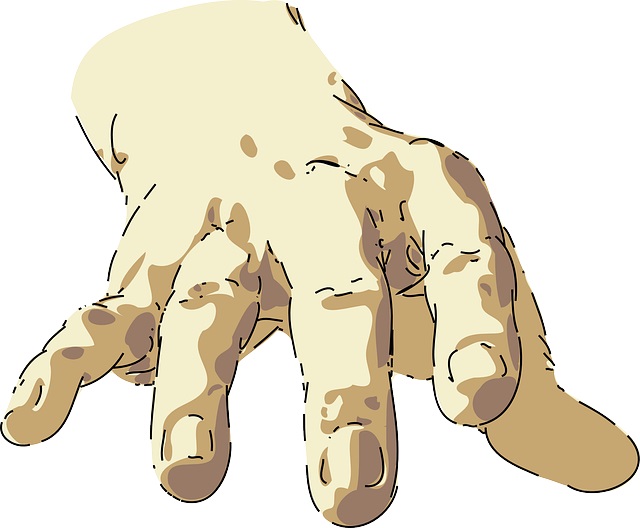3 things we can learn from how Jesus healed the lepers

Jesus did great things while He was about His earthly ministry. One of these things is the healing of various lepers, sick people who were cast out from society.
There are many precious things we can learn from these healings. In this article we will look at a few of what I believe are the most important things to remember always.
1) That God is not disgusted with a person's sickness or condition
The Bible expressly commands that all lepers should stay away from the community and live alone (see Leviticus 13:46). This is because they are ill and must avoid passing on their leprosy to others.
In essence, they were untouchable not because of their possessions. They were untouchable because of their condition.
This command likely caused lepers to feel like they're disgusting. Like they're a people who will never be accepted by others, even by God Himself.
Jesus proved this wrong by doing what others in society could not and would not do:
"Then Jesus put out His hand and touched him..." (see Matthew 8:3)
Three accounts in the Bible - Matthew 8:1-4, Mark 1:40-45, and Luke 5:12-16 - all recorded this very fateful moment for a man "full of leprosy" who came to Jesus and asked for his healing.
Jesus, who perfectly embodied and displayed God's perfect love, did not move away in disgust. Rather, He reached out to the leper and touched him.
God is not disgusted with us. We may have committed sins, but God's love never changes. Our sicknesses do not dilute God's love for us, and neither do our failures and sins stop Him from loving us.
He truly loves us, and expects us to respond in kind.
2) That God's will is for the sick to be healed
The very short exchange that happened between Christ and the leper again showed us one true, yet often doubted, truth of God: that it's His will for us to be healed.
The same leper above fell on his knees and humbly asked Jesus, "if it's Your will, you can heal me." He didn't doubt God's power to heal; he did, however, know if He would heal him.
Jesus' answer to the leper is amazing:
"I am willing; be cleansed."
We understand that God doesn't want others to be sick with leprosy, thus commanding that lepers should be put away from the community. This second point gives us a wider view of His love:
That He wants everyone to know Him and His love.
3) That it pleases God when we're grateful for what He's done
Luke 17:11-19 gives us another account where Jesus healed lepers. Only that, this time, He is healing not just one person, but ten.
This group of ten lepers asked the Lord for their healing. Jesus, on the other hand, responded in kind. He told them to show themselves to the priests who will examine them (see Leviticus 14:3)
Later on, we read that all ten were healed, but only one, a Samaritan, returned to thank Him for their healing.
Jesus expressed His longing for people to glorify God:
"So Jesus answered and said, "Were there not ten cleansed? But where are the nine? Were there not any found who returned to give glory to God except this foreigner?" And He said to him, "Arise, go your way. Your faith has made you well."" (Luke 17:17-19)











